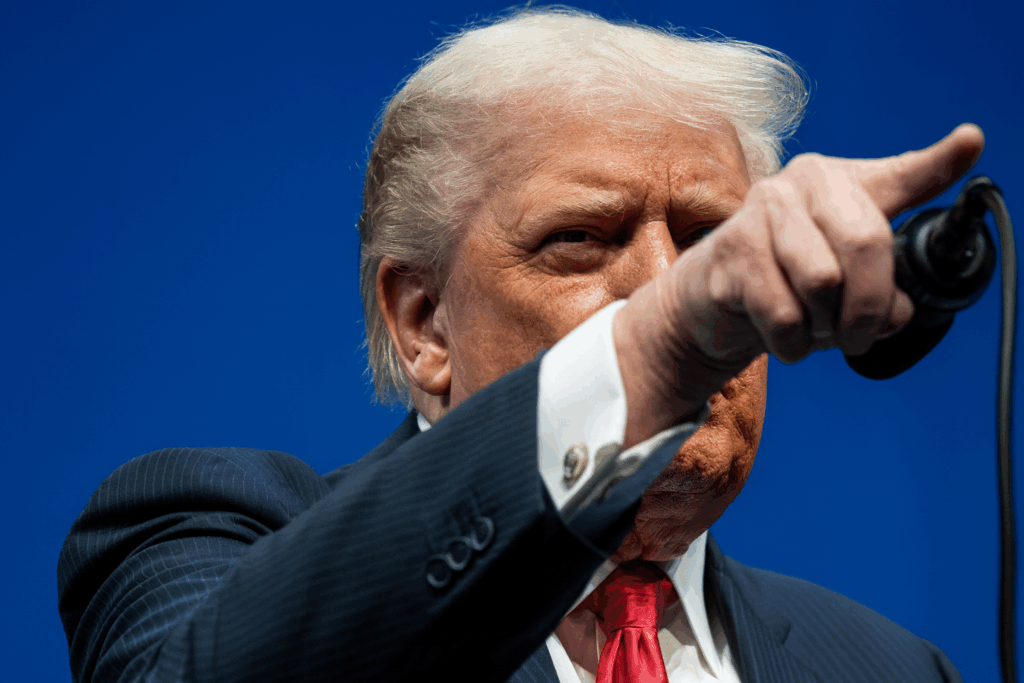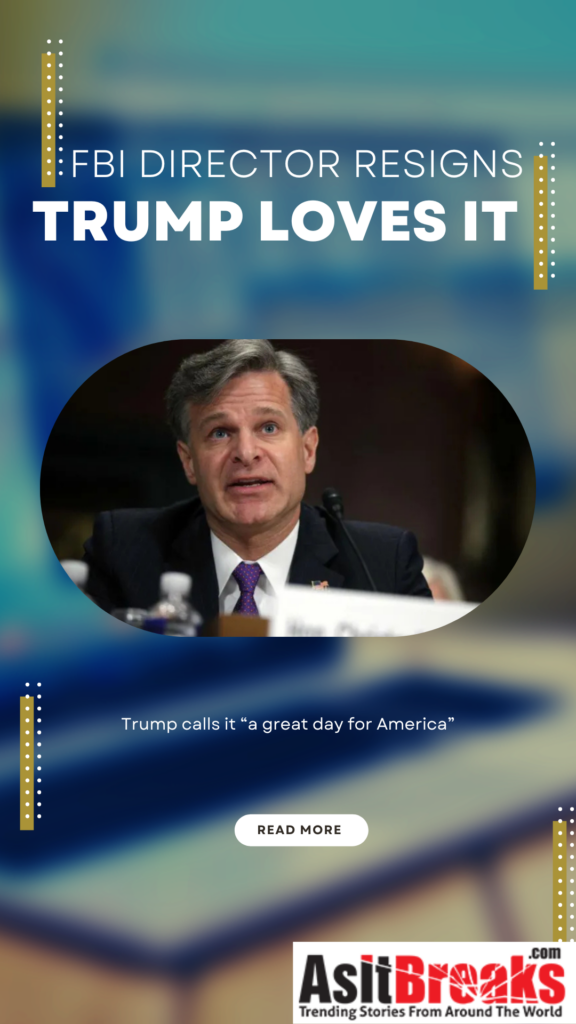President Donald Trump’s accusation that six Democratic lawmakers committed “seditious behavior”—a charge he described as “punishable by death”—immediately drew sharp criticism for misrepresenting federal law and worsening an already volatile political environment, according to constitutional scholars, national security experts, and lawmakers.
The controversy began when, on Nov. 20, the Democratic lawmakers released a short video urging U.S. service members to refuse unlawful commands—a message aligned with established military legal doctrine. President Trump responded immediately and heatedly. On Truth Social, he accused them: “Each one of these traitors to our Country should be ARRESTED AND PUT ON TRIAL.” In a subsequent message, Trump charged that the lawmakers had engaged in “SEDITIOUS BEHAVIOR, punishable by DEATH!”
Trump’s comments invoked imagery from the nation’s early history, referencing the 1776 execution of Thomas Hickey, a member of George Washington’s personal guard who was hanged before a crowd of 20,000 for plotting with British loyalists. Legal experts, however, stress that this analogy does not apply to modern sedition law. Steve Schwinn, professor at the University of Illinois Chicago School of Law, called Trump’s statement both inaccurate and inflammatory, stating: “What they’re saying is not even close to sedition.”
Federal law defines sedition as seditious conspiracy—plots to use force against the government—with a punishment of up to 20 years in prison, not death. Legal scholars say the Democrats’ video does not meet the standard for sedition and merely restates the law, making Trump’s accusation both incorrect and chilling for legitimate criticism.
White House press secretary Karoline Leavitt denied that Trump was advocating capital punishment for members of Congress. “No,” she said when pressed on the matter at a briefing. However, she accused the lawmakers of encouraging troops “to defy the chain of command,” claiming that their message “perhaps is punishable by law.” The Justice Department declined to say whether it would review the matter.
Sedition prosecutions have been rare in American history and typically occurred during times of national security crisis, such as the post–World War I crackdown on anarchists and the 1954 convictions of Puerto Rican nationalists after a shooting in the House chamber. Most recently, the Justice Department charged far-right extremists involved in the Jan. 6, 2021, Capitol attack with sedition; former Proud Boys leader Enrique Tarrio received a 22-year sentence for efforts to impede certification of the 2020 election.
Later, Trump pardoned nearly 1,600 people in connection with the Capitol riot, including Tarrio.
The president’s latest posts were amplified by supporters calling for extreme retaliation. Several messages Trump shared labeled the lawmakers “traitors,” “domestic terrorist Democrats,” or declared, “HANG THEM GEORGE WASHINGTON WOULD!!” Senate Majority Leader Chuck Schumer condemned the president’s rhetoric from the Senate floor, calling the comments “an outright threat.” Schumer added, “Let’s be crystal clear — the president of the United States is calling for the execution of elected officials. This is deadly serious.”
The Democrats at the center of the dispute — Slotkin, Sen. Mark Kelly, and Reps. Chris DeLuzio, Maggie Goodlander, Chrissy Houlahan, and Jason Crow defended their message, saying in a joint statement that “no threat, intimidation, or call for violence will deter us from that sacred obligation” to uphold the Constitution.
The video from the lawmakers circulated as Trump adopted a more aggressive stance, attempting to deploy active-duty troops in U.S. cities—a move facing legal challenges and reigniting debates over presidential power. The lawmakers’ message referenced this context and warned troops that threats to the Constitution may originate domestically as well as internationally.
With most Americans believing political violence is rising — according to polling from the Pew Research Center and Politico — the president’s remarks intensified alarm among members of both parties. Several lawmakers have recently faced assassination attempts, stalking incidents, and swatting attacks, further deepening concern about escalating threats.
Legal scholars emphasize that, under federal law, sedition does not resemble the conduct Trump described and is not punishable by death, reinforcing a clear distinction between objective law and political rhetoric.


